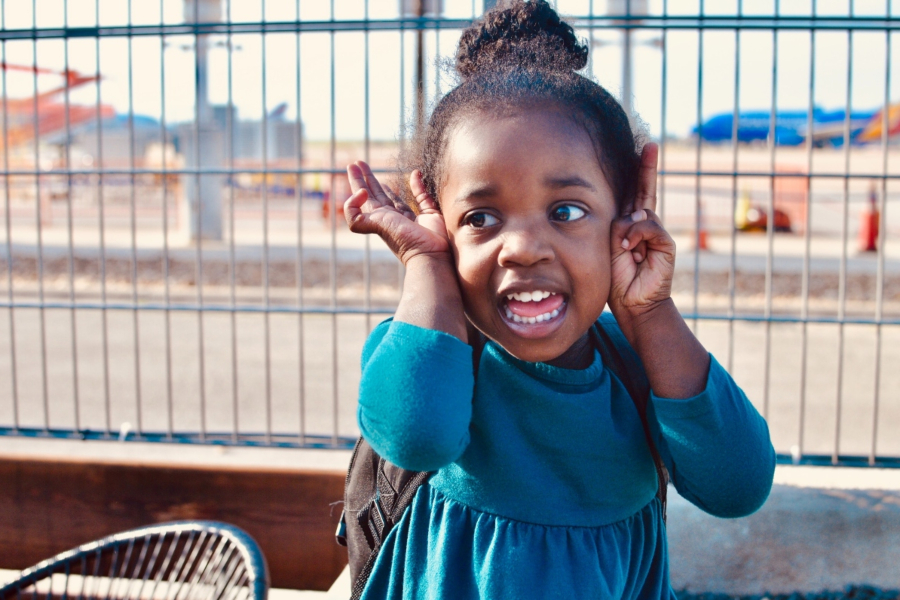Although under UK law a child can only have two legal parents, there is no limit on how many people can share parental responsibility.
Parental responsibility gives you the right to make and be involved in decisions about your child’s care, including decisions as to medical treatment, education and religion. If you share parental responsibility with someone else, then you are expected to agree how to exercise it together. That does not mean that you have to consult each other about every decision, but you are broadly expected to agree and in particular to both be involved in any important decisions.
In reality parental responsibility diminishes over time as a child grows up and becomes more able to make their own decisions, and it formally comes to an end when a child turns 18. Having parental responsibility therefore does not give you the lifelong connection with a child you have if you are their legal or adoptive parent.
However, it can be a useful way of securing some status for parents who are not legal parents including:
- those in multi-parent families (whether as a result of a polyamorous relationship, a co-parenting arrangement or a step/blended family) where they cannot adopt without extinguishing the status of their child’s other parents
- parents and step-parents who are in the course of applying to adopt but want some interim status and protection
- parents through donor conception or surrogacy who are not legal parents but do not wish or are not eligible to adopt.
How do I secure parental responsibility for my child?
There are different ways of getting parental responsibility depending on your situation:
By agreement – If you are married to your child’s legal parent, then you can sign a step-parent parental responsibility agreement with them (and any other parent who has parental responsibility). This involves signing a standardised court form and having your signatures witnessed at a family court before registering the agreement with the Central Family Court in London.
By court order – You can apply to the court for a court order giving you parental responsibility. Direct parental responsibility orders can only be made in favour of people who are legal parents or married to legal parents, but the court can make a child arrangements order which gives anyone else parental responsibility.
Wills and guardianship
Putting in place a careful well-drafted will is another important way of protecting your family. A will can make sure that your child will inherit from you even if they are not your legal child. It is also important to consider updating the wills of other family members too, for example making sure that grandparents benefit any grandchildren who are not legally their children’s children clearly and explicitly.
Parents with parental responsibility can also use their will to nominate who should care for their child if they die. The nominated guardians acquire parental responsibility automatically if the child is left without any parents who have parental responsibility, which makes this a useful way of ensuring the continued right of a non-legal parent to care for their child without having to make a court application.
Covering these sorts of gaps is important for families created in ways in which someone who acts as a parent is not legally a parent, such as surrogacy cases and cases involving same-sex parents or multi-parent families.
Leading experts in adoption law
Find out more about how we use adoption law to make families secure
Related articles

Recognition of overseas adoptions in UK law
The law governing how overseas adoptions are recognised in the UK is complex. If you have created your family through adoption abroad and are British or plan to live in the UK…

Using adoption to secure your family’s status
Adoption can be a useful way of securing your status as a parent of a child who is already part of your family if you are not otherwise recognised as his or her legal parent…

Co-parenting arrangements and multi-parent families
Parents who are not in a relationship with each other but each want a family may agree to conceive a child together as co-parents. If both are single, your child will have a mother and…
